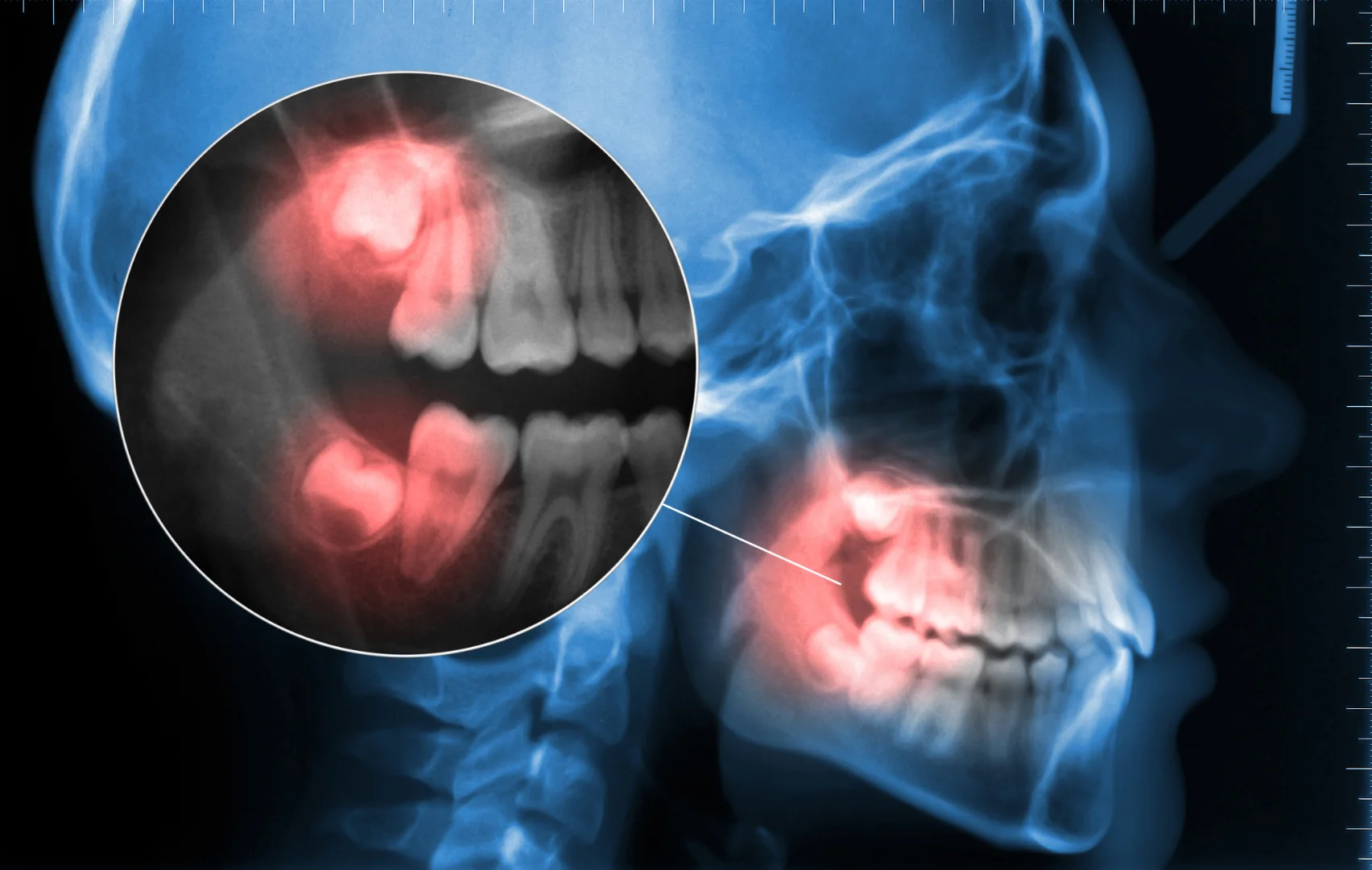Introduction to Oral Surgery
Oral surgery, often referred to as oral and maxillofacial surgery, is a specialized branch of dentistry focused on diagnosing and treating conditions that affect the mouth, teeth, jaws, and surrounding soft tissues. Oral surgeons are highly trained professionals who perform a wide range of oral surgery procedures, from minor procedures like simple tooth extractions to more complex treatments such as wisdom teeth removal, dental implant placement, and maxillofacial surgery.
A key aspect of oral surgery is ensuring patient comfort and safety through the use of anesthesia and sedation options. During your initial consultation, your oral surgeon will review your medical history, discuss any concerns you may have—including dental anxiety or cardiovascular disease—and help you understand the best sedation options for your needs. Whether you require local anesthesia to numb a small surgical area for minor procedures, or general anesthesia to be completely unconscious during more involved surgeries, your oral surgeon will create a personalized sedation plan tailored to your comfort and health.
Oral surgeons are specially trained to administer general anesthesia and IV sedation safely in an office setting, staying current with the latest advancements in pain control and surgical techniques. For many patients, nitrous oxide—commonly known as laughing gas—can be used to help them relax during dental procedures. For others, a combination of IV sedation or local anesthetic may be recommended to ensure a pain-free experience.
Choosing a qualified oral surgeon means you can proceed with your treatment knowing that your safety, comfort, and individual needs are the top priority. Open communication during your consultation allows your surgeon to address any concerns, verify your medical information, and ensure the best possible outcome for your oral health. By understanding your sedation options and the expertise of your oral surgeon, you can approach your surgical procedure with confidence and peace of mind.
Types of Anesthesia
For oral surgery, your surgeon will recommend a specific type of anesthetic. Many surgeries require general anesthesia—a procedure that is administered by a trained professional and puts the body into a temporary induced coma. Not only are patients unconscious, but they’re also unresponsive. In this state, surgeons can easily perform all of the necessary tasks without worrying about pain management or sleep-related movements. Numbness or memory loss from general anesthesia may last for a few hours after the procedure.
Aside from general anesthesia, some more routine procedures may only require semi-conscious or localized anesthetic. Most patients tolerate these sedation methods well. Semi-conscious sedation won’t render you completely unconscious. Localized anesthetic is administered via injection near the surgical site, and only affects a certain part of the body. Typically, only a small amount of anesthetic is needed to numb the area. Local anesthesia works by blocking pain signals at the nerve endings, effectively preventing pain during the procedure. Slow injection techniques can help minimize discomfort for the patient. Nitrous oxide may also play a role in treatment. Commonly referred to as laughing gas, this inhaled sedative delivers temporary calming effects.
Discussing Anesthesia With Your Surgeon
For any type of anesthetic, your surgeon and anesthesiologist should have full knowledge of preexisting medical conditions and any medications you take. Some individuals react poorly to certain types of anesthesia. Tell your physician about any past experiences with anesthesia, existing allergies, and other medical information.
During your pre-operative appointment, your surgeon or a staff member will walk you through all of the anesthesiology requirements. For general anesthesia, you may need to fast for several hours before the procedure, stop taking some medications, and avoid using tobacco products and alcohol. Keep the written instructions regarding your requirements visible in the days leading up to the surgery. Failing to closely follow the instructions could lead to surgical complications.
If anesthesia is not effective, alternative or supplementary methods can be used so the area can be properly treated.
Be sure to schedule your consultation or procedure in advance to ensure timely care.
What to Expect During General Anesthesia
When you arrive at the facility, the anesthesiologist or licensed professional should explain the process as he or she goes through the steps. Double check that you’ve followed all instructions, and ask the person administering the anesthetic to confirm the medication you discussed during your pre-operative appointment (especially if you have any allergies). During general anesthesia, oxygen is supplied via a face mask to maintain patient safety and proper ventilation. After the professional administers the appropriate drug, you’ll drift out of consciousness. Under general anesthesia, you will be unable to respond to commands or stimuli.
You probably won’t remember the procedure, and the side effects from the anesthesia—including drowsiness—will wear off over time. Arrange to have a family member or friend take you to, pick you up from, and stay with you after any surgical procedure. In the days following the procedure, remember to obey your surgeon’s after-care instructions for a successful experience.
For additional questions, please contact Solace implant center & Oral Surgery at (615) 320-1392.



